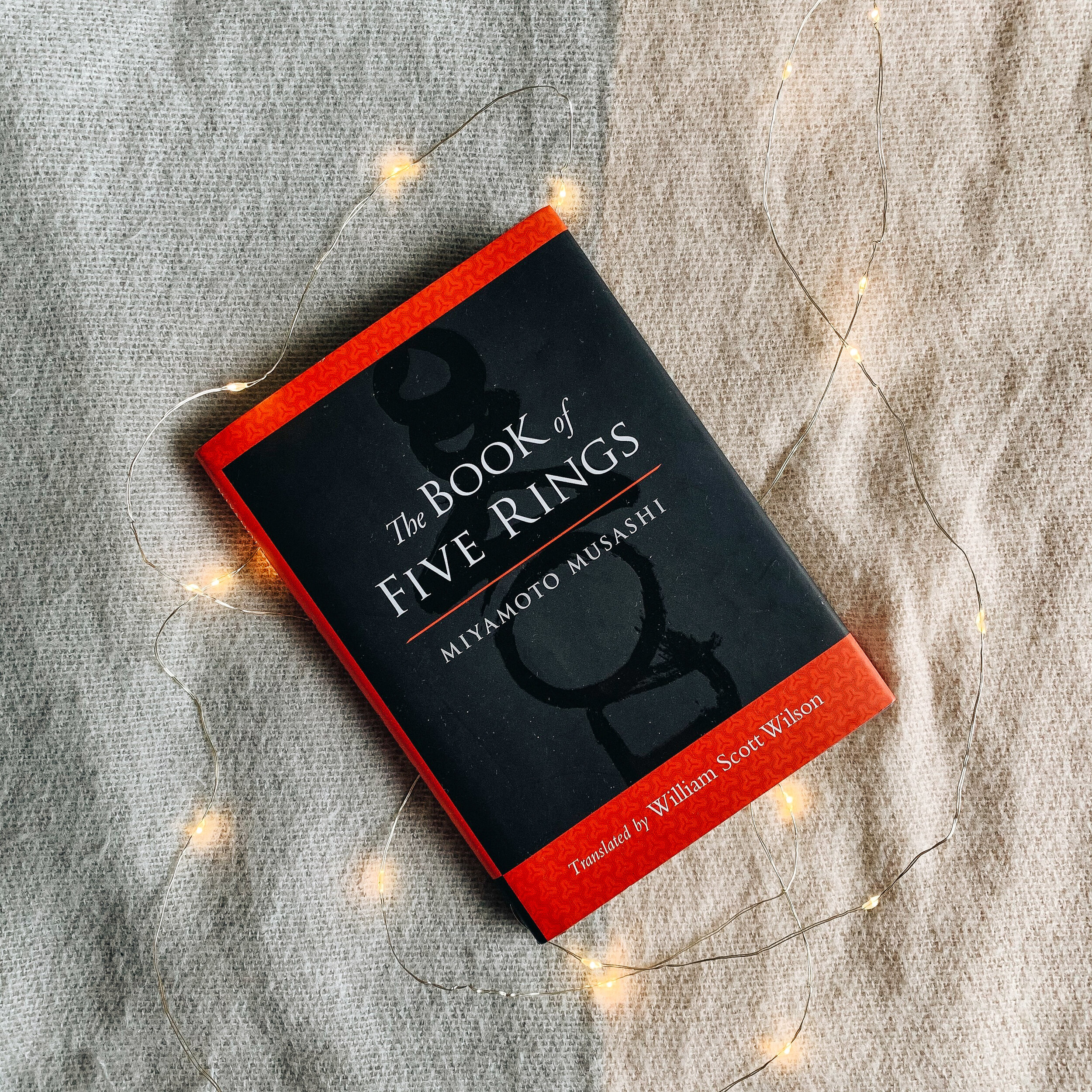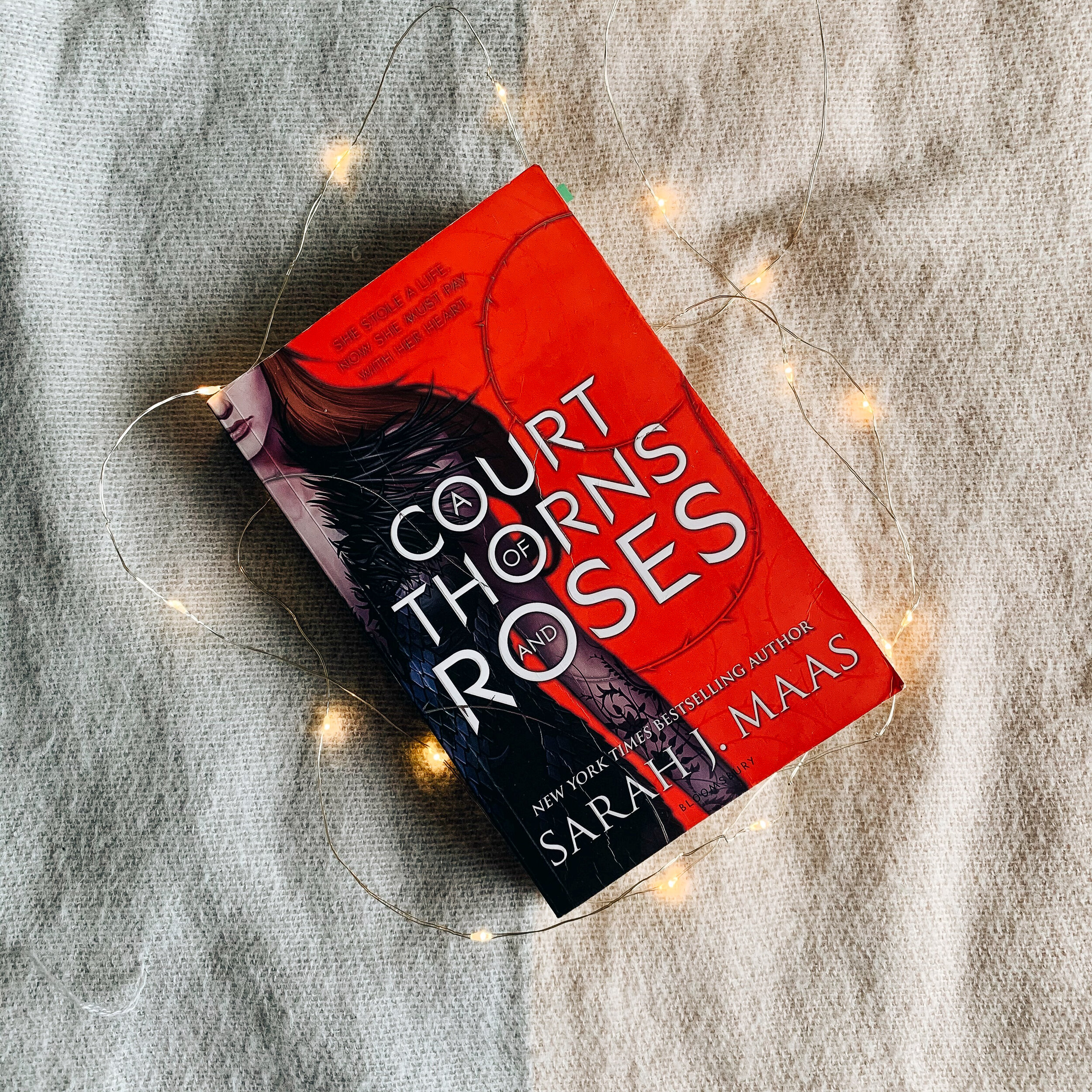★★★☆☆.5 | audiobook | book four of 2022
The Cruel Prince by Holly Black is the first book in The Folk of the Air series. The story revolves around a mortal girl named Jude who lives in the world of Faerie. When she and her twin was seven, her mother and father were killed in front of them by her mothers ex-fling and the father to their older half sister Vivienne. He was also a prominent general in the High Court of Faerie. Jude grows up as a mortal in faerie, taking classes with the rest of the faerie gentry. She sees mortals as slaves, drugged to work until exhaustion consumes their mind and body, not to mention the threats right in front of her with her faerie school fellows. As Jude fights for a spot at the High Court, she is consumed with intrigues and deceptions, trickery and bloodshed.
I’m going to be completely honest with you, I didn’t even read the blurb of this book before jumping into it. I was looking for a relatively easy read to listen to, and this one came with good recommendations. I definitely enjoyed the book but not as much as I was hoping I would. There was also something a bit weird about the narration, the volume kept fluctuating and there were some really obvious cuts in the recording, some of which I literally went back and had to listen to again to make sure I was hearing it right. That being said, the narrator did a really wonderful job.
This book starts off with a bang since their parents are literally killed in the prologue I’m pretty sure, but then nothing really happens until part two of the book. You don’t realise that the whole of Part One is basically not necessary until you get into the intensity of the second part. Jude wants to be a knight in the High Court, and her sister Taryn wants to marry a faerie, they’re both trying to fit into Faerie in different ways, but I found Jude’s character a little wishy washy. She didn't feel like a solidified character with purpose behind her actions until Part Two, when I actually started liking her. In contrast, Taryn acted exactly as I expected she would the whole time. I don’t love her character, but I guess she serves her purpose, as do many of the cruel faeries Jude comes into contact with during the course of the book.
I loved the political intrigue of the book, and how although some of it felt quite obvious, there were still events and choices that surprised me. There is a really great set of unique characters in this book which made it an overall enjoyable read, leaving you with the sense that you only know the surface of each of these characters. I have seen Cardan’s name everywhere on instagram, and so far he is definitely an intriguing character that obviously has a lot more going for him than just a drunk, broody, elite faerie who often acts cruelly (but I’m assuming thats just a front for how tortured he actually is). I really liked the rivalry and the ever brewing tension between Jude and Cardan, and I am sure this is only going to increase in intensity as I keep reading. Another part of this story I particularly liked is the Court of Shadows, and the level of intricacy in the intrigues and court politics. I hope these only grow in the next books.
I have a feeling this series is only going to improve with the next books and I am looking forward to starting the next one. Have you read this book / this series? Let me know your thoughts in the comments or over on my Instagram @kell_read ✨















